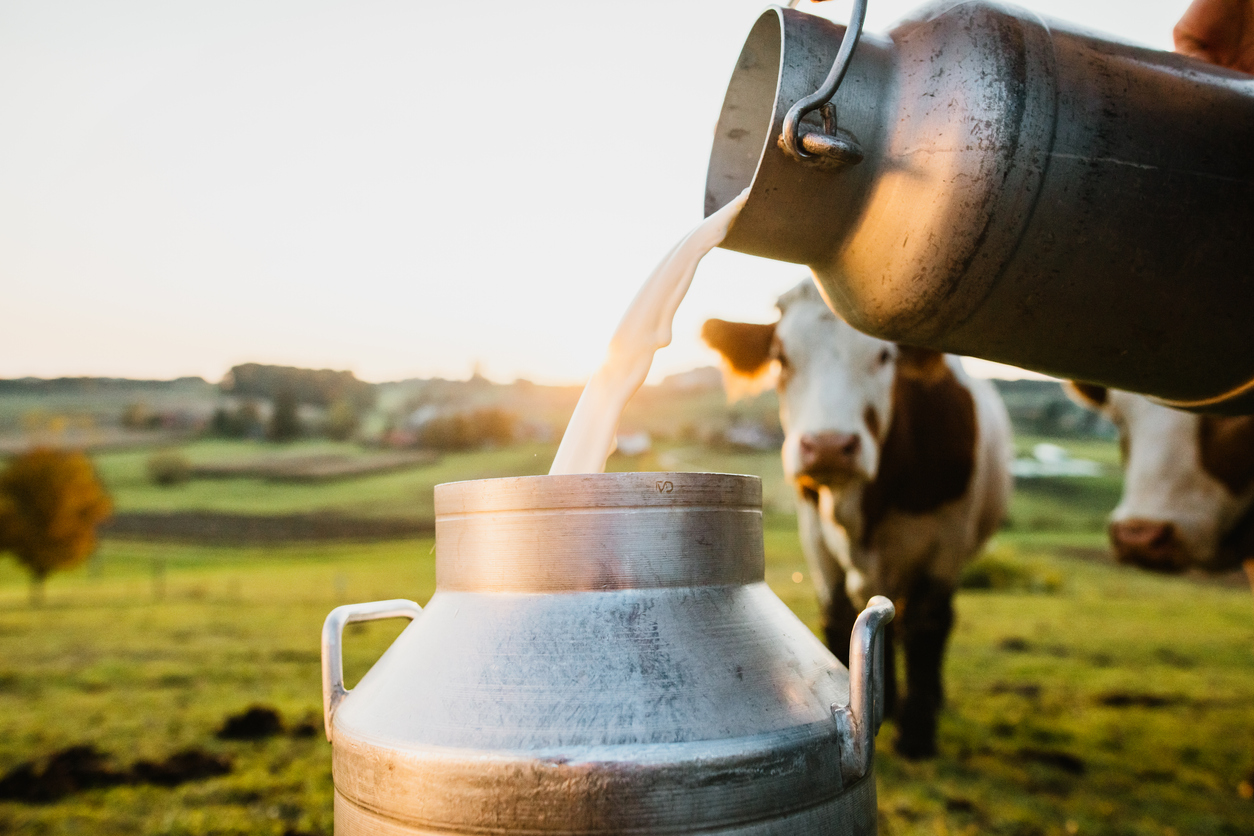As I revealed in a recent article, Mitopure® has become an indispensable additive to my post-workout recovery drink. Its ingredient, urolithin A, is now the object of intense interest by researchers for its potential to enhance mitochondrial function, leading to more efficient energy metabolism. Now, new studies are revealing its applicability to the problem of immunosenescence—age-related immune decline.
Learn more in this piece by my friends at Timeline Nutrition, and save 10% on Mitopure® when you use code HOFFMAN at checkout.
—Dr. Ronald Hoffman
This article contains content from one of our trusted sponsors.
As we age, our immune system undergoes substantial changes that make us more susceptible to infections and disease. Many people tend to focus on immune health only during cold and flu season. However, it’s essential to consider immune health year-round, especially as we age—just as we do for our muscles, heart, brain, and other key systems.
Now, new and exciting research on Urolithin A offers promising strategies to help maintain a resilient immune system as we grow older.
Understanding the hallmarks of immune aging
Immune aging is marked by several key hallmarks that weaken our immune defenses. Understanding these biological processes is crucial for promoting healthy aging and improving overall immune function. Here are the makers of immune aging:
Thymic Involution
The thymus gland is an organ crucial for the development and maturation of T-cells, especially during early life. Gradually, through age, the gland is replaced with adipose tissue, and the gland becomes functionally less active.
This results in a decline in T-cells, which weakens immune surveillance and increases susceptibility to infections and cancer in older adults.
Imbalance of CD8+ Naïve to Memory Cells
The body contains a variety of immune cells, each with unique roles in defending against infection and disease. Naïve CD8+ T-cells, for instance, are essential for identifying new infections and abnormal cells, such as cancerous cells. However, as the thymus involutes with age, it produces fewer of these crucial T-cells. As a result, the immune system relies increasingly on memory T-cells, which can only respond to previously encountered threats. This shift reduces the immune system’s flexibility, making it harder to respond effectively to new pathogens or malignancies as we age.
Inflammaging
As we age, our immune system shifts towards a state of chronic, low-grade inflammation, often referred to as “inflammaging.” It’s characterized by elevated levels of inflammatory markers such as C-reactive protein (CRP) and interleukin-6 (IL-6).
Inflammaging is a key driver of aging, as it weakens immune response and increases susceptibility to infections, cardiovascular disease, and even cognitive decline. This chronic inflammation not only impacts the immune system’s ability to fend off new threats but also contributes to a cycle of ongoing tissue damage, which further fuels age-related diseases.
Mitochondrial Dysfunction
Immune cells, like other cells in the body, rely on ample energy produced by the mitochondria. With aging, mitochondrial function declines, leading to reduced energy production and increased oxidative stress. This dysfunction is particularly evident in CD8+ T-cells, contributing to their decreased number and function.
Stem Cell Exhaustion
Hematopoietic stem cells (HSCs), responsible for producing immune cells, become less effective with age. This exhaustion leads to a decreased capacity to regenerate immune cells, contributing to immunosenescence. The diminished regenerative potential of HSCs results in a reduced ability to respond to infections and vaccinations, a common issue in older adults.
Urolithin A: A New Frontier in Immune Health
As our understanding of immune aging deepens, new research is uncovering promising strategies to help slow its effects. A particularly exciting discovery centers around Urolithin A, a natural compound produced by the gut microbiome from polyphenols found in foods like pomegranates, berries, and nuts.
Urolithin A has drawn significant attention for its ability to enhance mitochondrial function—a crucial aspect of cellular health that declines with age. Urolithin A works by activating mitophagy, a quality control process that removes damaged mitochondria, making way for newer, healthier ones. This rejuvenation of mitochondrial health supports greater cellular resilience, which is essential in aging immune systems.
Both preclinical and clinical studies indicate that Urolithin A has significant potential to combat immune aging, positioning it as a powerful natural ally in promoting a stronger, more adaptable immune system as we grow older.
Preclinical Insights
Recent preclinical studies have highlighted Urolithin A’s role in enhancing immune responses, particularly by promoting mitochondrial health in immune cells. In mouse models of colorectal cancer, Urolithin A reduced both the number and size of tumors. This effect was driven by Urolithin A-induced mitophagy, which improved immune cell function and promoted the expansion of T memory stem cells (TSCM). These cells are essential for long-term immune defense, generating new, effective T cells to fight cancer. The findings suggest that Urolithin A could be a powerful tool in maintaining a robust immune system and enhancing cancertherapies like adoptive cell transfer. More research will be needed to truly understand its potential benefit.
Clinical Data
A recently completed trial conducted in partnership with the Buck Institute for Research on Aging and Georg-Speyer-Haus Institute for Tumor Biology and Experimental Therapy examined the impact of Urolithin A on markers of immune aging in healthy adults. While the data has not yet been published, an abstract was presented at the Annual Meeting of the American Association of Immunologists this past May.
This double-blind, placebo-controlled trial involved 50 healthy participants aged 45-70 years over 28 days. The study found that 1000 mg of Urolithin A led to notable improvements in immune function by directly impacting several pathways of immune aging. The Urolitin A group saw an increase in CD8 T cells, improved mitochondrial function in immune cells, and a reduction in inflammatory markers.
These results suggest that UA could play a crucial role in combating immune aging.
Mitopure®: The First and Only Validated Urolithin A Supplement
Urolithin A is a postbiotic molecule, meaning we need to rely on our gut microbiome to metabolize it for us. However, research suggests that the vast majority of us don’t have the right microbes to make this conversion. This is where dietary supplements come in.
Mitopure, developed by Timeline, is the first and only clinically validated Urolithin A supplement, with over 15 years of research and 11 human clinical trials demonstrating its safety and effectiveness. This groundbreaking supplement has shown significant potential for supporting cellular and immune health, making it a valuable addition to any healthy aging plan.
Timeline is giving Intelligent Medicine readers a chance to try Mitopure at a discounted rate. Head on over to Timeline.com/hoffman and use the code HOFFMAN for 10% off.
I believe that as research continues to unlock the full potential of Urolithin A, Mitopure will stand out as a promising tool in promoting healthy aging and immune resilience.







